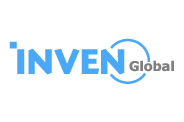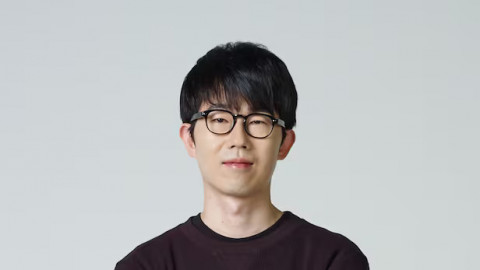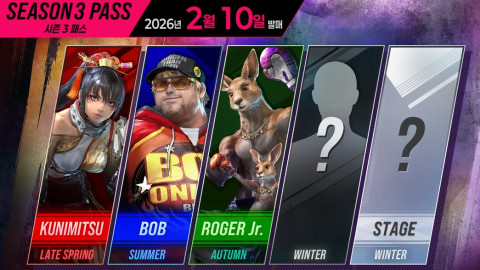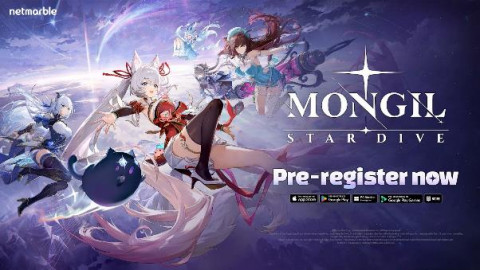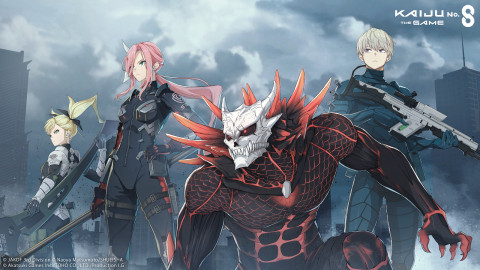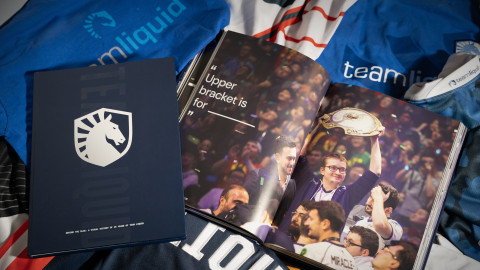
Vitality are the most exciting organization in esports, at least in 2022. The French brand has grown and grown in the past few years, barely hampered by the global challenges we have all faced, and emerged as a home to superstars, where legends of multiple games rub shoulders with the young gods of the next generations.
To list their entire roster would take too long, but the highlights paint an amazing picture of an org with big plans, and a strong future. Names like Luka "Perkz" Perković and Mathieu "ZywOo" Herbautget the fans excited, but equally we have signings like the recent acquisition of the "Astralis three" by the CSGO team that show a deeper understanding of the art of victory. Unlike other big organizations, Vitality didn’t just spend on playing talent, but also signed legendary coach Danny "zonic" Sørensen to work with their Counter-Strike stars.
With all that in mind, we were privileged enough to get the chance to sit down with Vitality’s CEO, Nicolas Maurer, who founded the company back in 2013 with his business partner Fabien "NEO" Divide. Maurer was working as video editor, while Devide had already begun to deal with pros in Call of Duty, and their shared passion brought them to a scene where the passion of the fans and the potential for the future immediately captured their attention.
We’ve seen the investment Vitality have been able to secure, and the incredible rise of the org in recent years. What are the keys to your success so far, and what motivated you to take this route toward the ‘superteams’ you’ve put together?
There are many reasons for success. We created the team at the right time, there was a lot of room but relatively few serious, professional and ambitious projects. That's what we brought in 2013. We realized straight away that we had created a brand, a team that engages and generates passion among the fans. We built our beginnings on this relationship with the fans, on this closeness. The ambition to be one of the top teams is also a key to success. This meant being in the major games: we launched in 2016 with League of Legends and in 2018 with Counter-Strike. We had the ambition to be at the top level and we already did that in part, by going to League of Legends Worlds and being one of the best teams in the world in CSGO.
What motivated us to create the super teams is simple: we don't want to just "be in" the biggest leagues, we want to be in a position to win. We want to go back to Worlds, be in a position to win in the LEC, win Majors in CSGO. We want to write our esports legacy and that means winning the biggest trophies in the biggest circuits. To do that, we need to surround ourselves with the best talent. We have the highest level of ambition possible, and to achieve that ambition we need the best players.
What do you think are the most important things to an investor looking to buy into an esports org?
Investors look at operational capacity and expertise. The knowledge and understanding of the top management is also crucial. The value of the brand is important. Few teams have a strong, distinct, unique brand, so this is a major element. In the same way, we can talk about the importance of the history, the reputation, the way the team positions itself in the ecosystem. Finally, a key point is the degree of development and economic maturity, as there are still major imbalances between teams.

How would you describe the process of signing a top player in League of Legends, or CSGO? How do you become aware of their availability, and their interest in playing for you? Do Vitality take a proactive approach, or do players approach you?
To sign top players in League of Legends, and other games, you need to have the complete package. Of course, you need a good level of remuneration, which is an important component, and you need to have a sporting appeal so that the athletes feel they can win at the highest level by coming to us. And finally, what we call the "legacy", the brand, the reputation in general for the game, and in particular historical performances.
If we take the example of Counter-Strike for us, it's very easy. We have the best player in the world in ZywOo, we have a history of success, everyone wants to play with us. In League of Legends, we had a more complicated situation. The last few years, we are not satisfactory from a performance point of view. In the end, we didn't have any top players joining our team, we had rookie development cycles that weren't particularly successful, so we had to reverse that trend. That doesn't happen in a snap. We've had this ambition for a while but we hadn't been able to materialize it yet.
We were able to start doing it between the two previous splits when we recruited Selfmade. For him, it was a gamble, he wanted to relaunch himself. On our side, we needed a top talent because we knew that it was one of the keys to get other stars afterwards. He was the first brick in our strategy. In the next season, we positioned ourselves to all the top players, making it clear that our ambition was to build a team capable of going to the highest level possible. We already had some stars but we needed others.
We had Selfmade who we had just recruited and who had the history and the talent, we had Labrov who was very well regarded by his peers regarding his potential but we needed other elements. We were able to share our project with Perkz, Alphari, and Carzzy, and little by little we managed to put together this plan.

Was the plan for the CSGO team always to secure investment and make big changes, or was this move driven by the availability of the Danish stars as much as the state of your team at that time?
When it comes to established talent, the challenge will be to be the most attractive to them. They have to come to Team Vitality and not to G2 or Fnatic, so we have to be competitive and attractive. When we want to sign rookies, the challenge is to evaluate their potential, their capacity, and their speed to adapt to a professional environment because the question of talent is only part of the answer. How a player will survive his entry into the competitive world, how he will react to a move to Berlin with other players, how he will play with a coach, cope with the pressure, etc. So you have to assess the talent, which is part of the analysis, but there is also a part about "will he be able to become a real professional? If so, at what pace?"
In CS, we've been thinking about an international project for a long time, we knew that Vitality CS:GO was going to go international one day, we just didn't know what the timeframe was going to be. In 2021, this was one of the scenarios considered and among the most likely because we don't want to be in second or third place, we don't want to just make the quarter-finals, we want to be the best. So that's the way we thought about it and we went to talk to the Astralis players, knowing that we were going to move towards an international roster.
When it comes to signing players, what part do agents play in the process? We’ve seen stories from sport about agents taking a fee for facilitating deals, has this bled into esports yet in your experience?
It's complicated to talk about agents "in general" in esports: it's difficult to give a homogeneous answer because there are all kinds of agents. The "good" agents really facilitate the process, especially when recruiting. It's harder to work with the "bad" ones, i.e. those who are really short termists and who think about maximizing the value of the moment and not the player's career. They may want to sign with another team that pays a few percent more but has no potential to be one of the best teams in the world.

Outside of just owning the best players, how are Vitality working toward your goals, in terms of infrastructure?
We have a level of ambition that few teams have because we believe that building Vitality and making it one of the biggest teams in the world requires the highest level of performance in the most important games: we aim for the Worlds in LoL, the Majors in CS.
The idea is not only to have talents, but also to surround them with the right people. That's what we do with Isma in League, with Lars in CSGO, and with the HQ in Berlin, the Stade de France. We are putting a lot of things in place in terms of investment, of structure to be able to create the conditions for victory and that's what counts. In 2022 and in the future, we are investing a lot in this perspective of incredible success and ambition.
Sort by:
Comments :0
